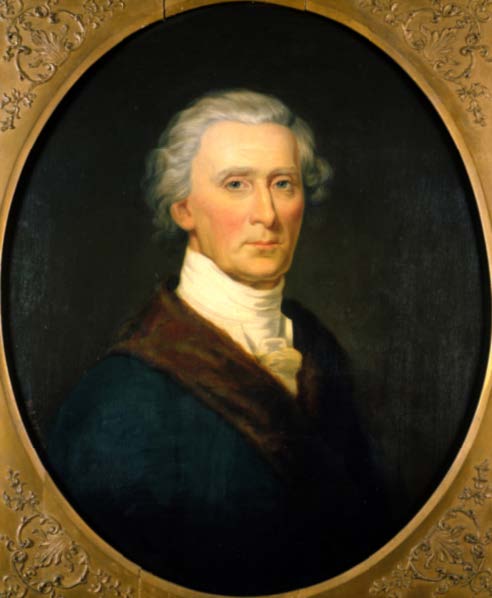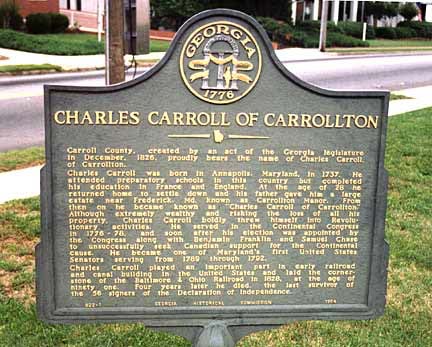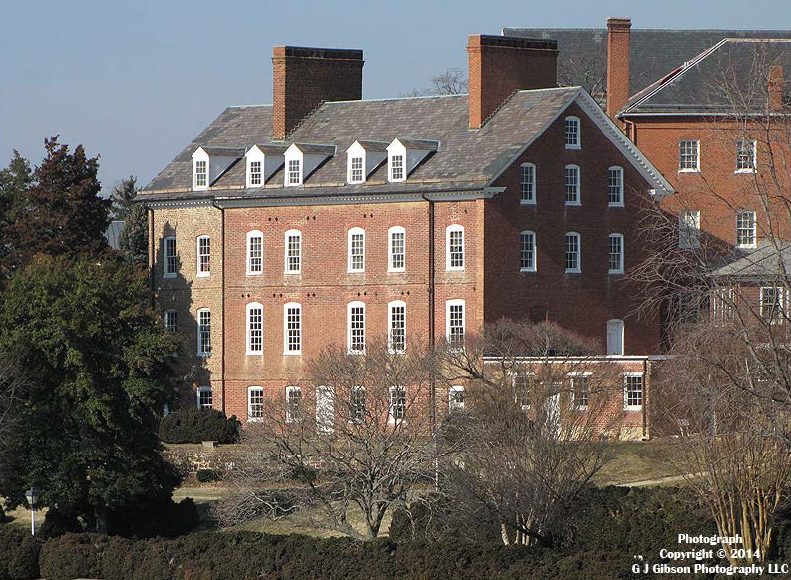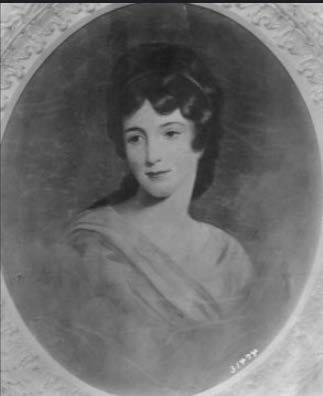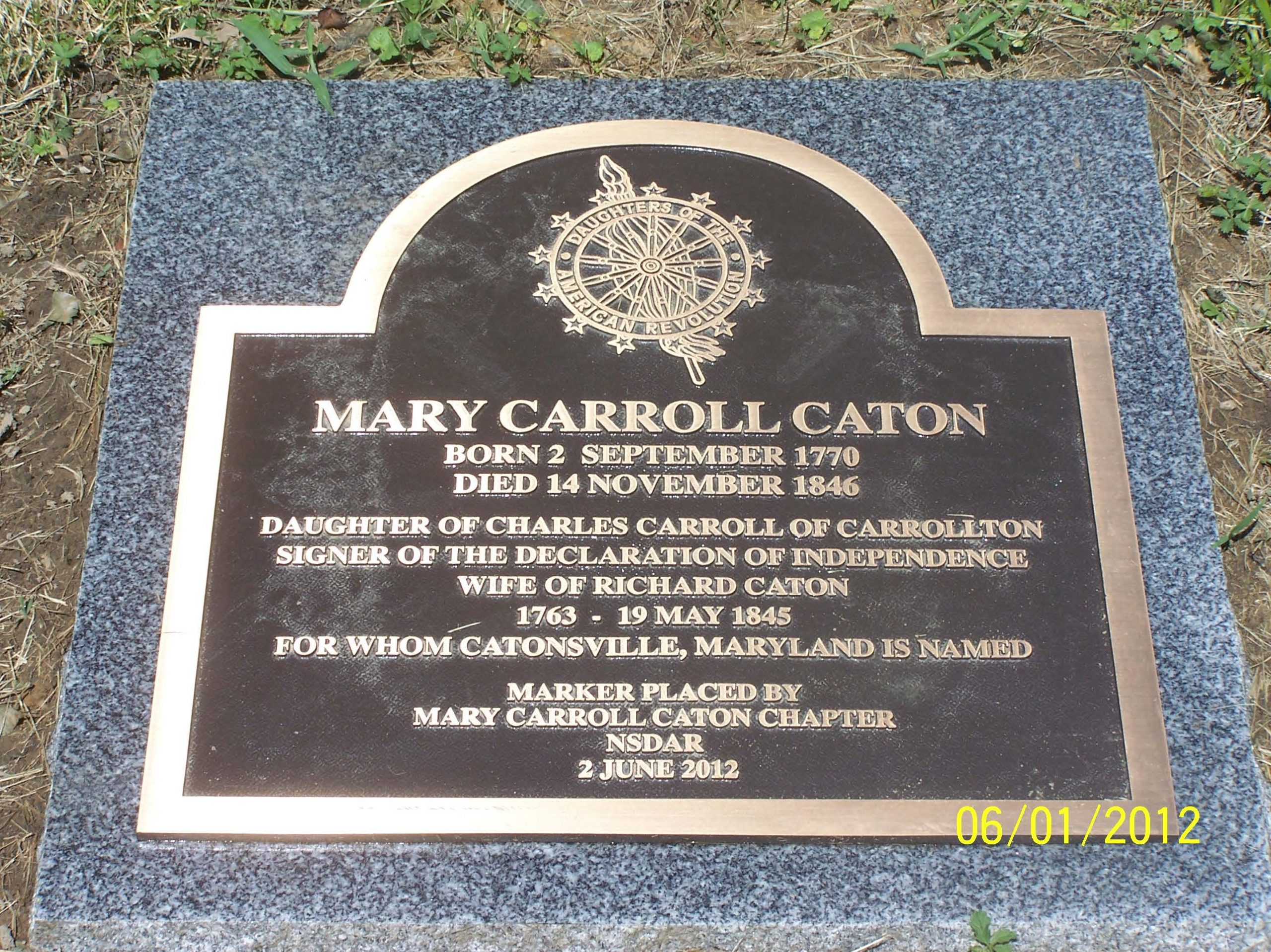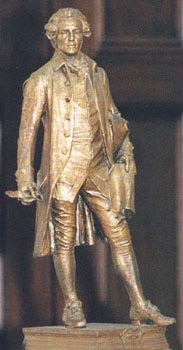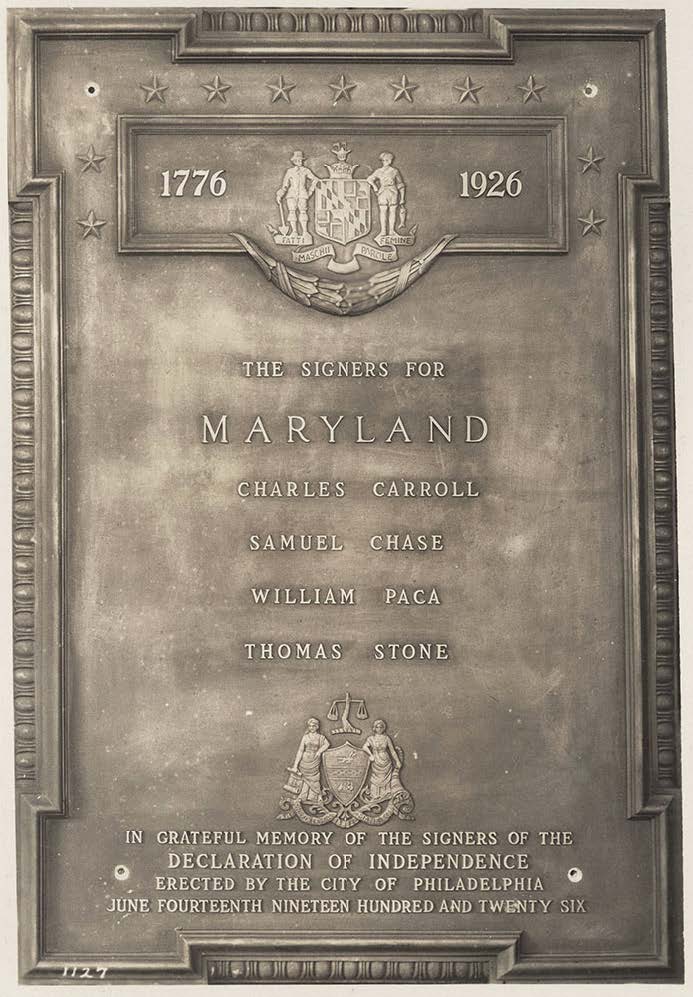After spending 16 years abroad, Charles returned home and he married his cousin, Mary “Molly” Darnall.
They were blessed with seven children: Elizabeth (1769), Mary (1770) wife of Richard Caton, Louisa Rachel (1772), Charles of “Homewood” (1775) husband of 1. Harriet Chew and 2. Elizabeth Oswold; Catharine “Kitty” (1778) wife of Robert Goodloe Harper and Eliza (1780).
In colonial days, Catholics were unable to participate in politics or hold office. This did not prevent young Charles from making his opinions known. In 1773, he wrote a series of letters to the Maryland Gazette under the pseudonym “First Citizen” arguing that the colonies should have the right to regulate their own taxes. He was especially critical of the high salaries paid to local public officials.
His participation in the burning of the Peggy Stewart also known as the Annapolis Tea Party was seen as an act of defiance against King George.
Charles Carroll of Carrollton was elected one of the four delegates from Maryland to attend the 2nd Continental Congress (1776, 1777-1780). At the age of 37, Charles Carroll was the only catholic to sign the Declaration of Independence.
Charles Carroll has the distinction of being the last surviving signer of the Declaration of Independence, dying in 1832, at the age of 95, at the home of his daughter, Mary Carroll Caton.


